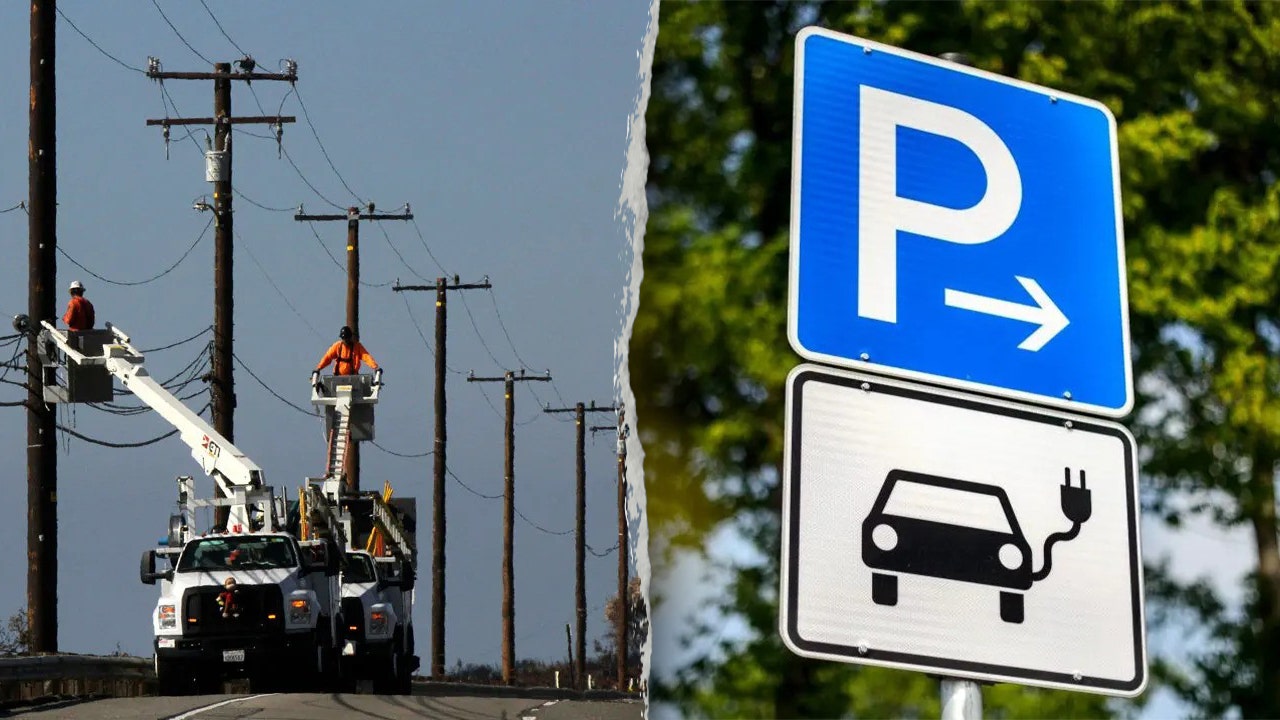Report reveals how EV, emissions mandates inflate car, utilities costs

The American Energy Institute (AEI) has shed light on how government subsidies for electric vehicles (EVs) and regulatory credit systems for vehicle emissions are driving up automobile and utility costs. The AEI, representing oil, gas, coal, and nuclear energy producers, has highlighted the unintended consequences of increasingly stringent Corporate Average Fuel Economy and greenhouse gas tailpipe emissions standards.
These standards have pushed gas-powered vehicle manufacturers to produce more EVs, diverting resources away from gas-powered vehicle production and towards EV production. This shift ultimately leads to higher costs for gas-powered cars, according to the AEI report. If auto manufacturers fail to produce enough EVs to meet state and federal standards, they must buy into a credit system to offset their emissions production, passing additional costs on to consumers.
Utility costs are also impacted by state and federal subsidy and rebate programs for EV charging infrastructure. While beneficial for utility companies’ profits, these programs lead to increased costs that are passed on to ratepayers. Rebates for in-home level two chargers are offered in forty states, and federal rebate and subsidy programs for EV charging infrastructure received a $7.5 billion investment under the previous administration.
Jason Isaac, co-author of the report and CEO of AEI, emphasized that these regulatory credits, subsidies, and rulemaking are shifting costs from affluent EV buyers to working-class Americans. He highlighted the strain on the grid caused by these policies, which ultimately leave Americans paying more for driving and electricity. Isaac, a former Texas state representative, acknowledged his role in creating an EV subsidy in Texas but now sees the flaws in such policies.
Research from the AEI estimates that each EV benefits from $94,000 to $153,000 in hidden subsidies over a ten-year period, raising prices for consumers. The report also points out that rebates and subsidies for EV charging infrastructure drive up base utility rates for consumers. Utility companies use these incentives to lobby for higher base rates, passing the burden onto ratepayers.
Isaac called for the elimination of costly EV mandates to jump-start a resurgence in the American auto industry, lower vehicle prices, and ease pressure on the electric grid. He emphasized the need to bring down energy costs for every household by getting rid of these clean-air mandates.
Fox News Digital reached out to several EV advocacy groups for comment but did not receive a response. The AEI’s report underscores the need to reassess government subsidies and regulatory credit systems to ensure a fair and efficient energy market for all consumers.




